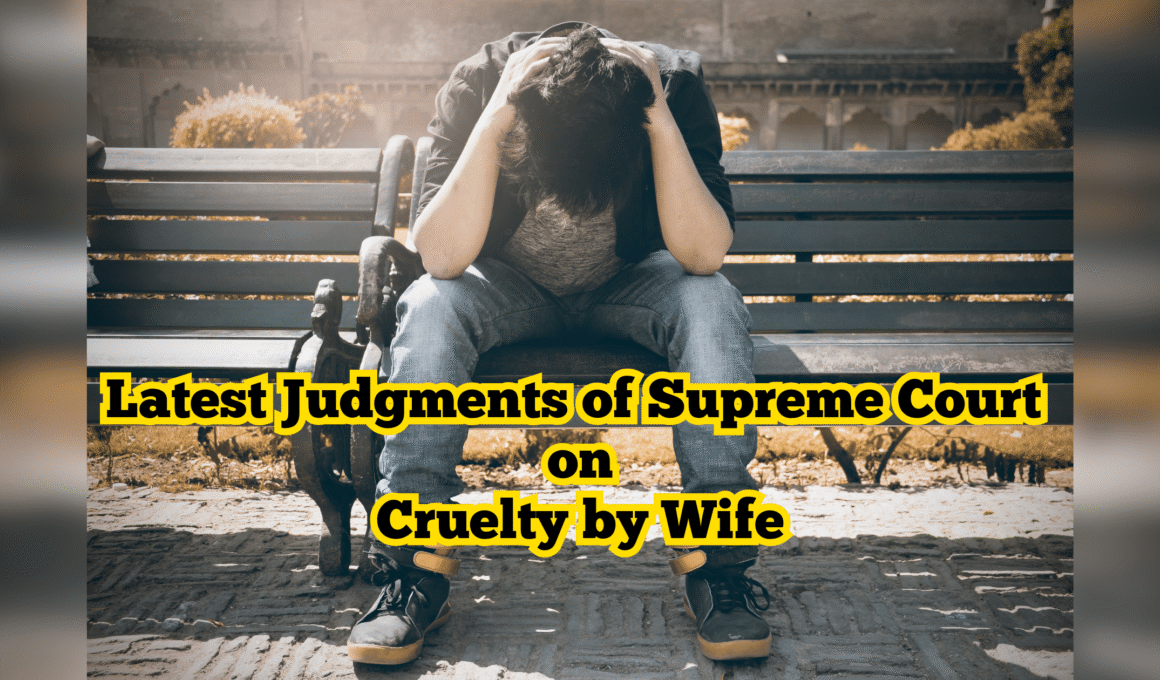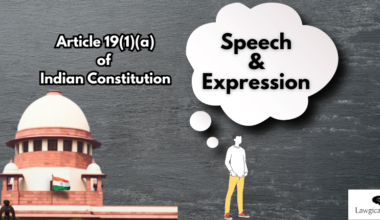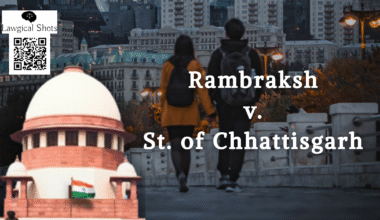Who needs judgments of Supreme Court on cruelty by wife? Before answering this question, it is important to understand why cruelty needs to be proved. Among the various grounds of divorce, cruelty is one among the most difficult to establish. The major reason is that it is more of a behavioural and temperamental aspect. As explained by Courts, what may be cruelty for one could be casual temper for another. Thus, what constitutes cruelty in law, needs judicial interference. Courts decide real-time cases of divorce on the ground of cruelty. What is accepted as cruelty in one case, may be an authority for another cruelty case.
Judgments on Cruelty by Wife
For a husband to prove cruelty by wife, it is even harder to convince the Courts. Gender stereotypes in Indian Legal System are the major reason for such a state of affairs. Therefore, High Court and Supreme Court judgments on cruelty by wife are much needed for husbands in India. Here is a compilation of case laws which may come handy for distressed husbands.
Supreme Court Judgments on Cruelty by Wife
Samar Bijoy Roy v. Mukul Roy (2025)
In this judgment of Supreme Court on cruelty by wife along with desertion, the husband here filed divorce petition after 16 years of marriage. What was shocking was his claim that they had cohabited only for 4 days since the day of marriage. The two had been residing in the same house but in separate rooms. It was the prolonged misery and isolation that led the husband to file for divorce.
The Supreme Court acknowledged parties living separately and the prolonged lack of cohabitation, which the wife could not deny. The emotional and physical bond of love and affection lost over a long period of almost 24-25 years led the Court to allow divorce for husband on cruelty by wife.
Rinku Baheti v. Sandesh Sharda (2024)
This was a case of second marriage for both the spouses. Constant fights and cruelty by wife with threats of dire consequences like suicide and false criminal cases led the husband seek divorce. The husband was a US citizen and criminal case along with Look Out Circular resulted in him being arrested at the Airport and remaining in custody for a month before he got bail. During pendency, while the wife sought transfer of divorce case, the husband sought dissolution of marriage on the ground of irretrievable breakdown of marriage before the Supreme Court.
The Court looked at the serious allegations made by the wife against her husband through the lens of mental cruelty. The Court allowed the husband’s plea for dissolution of marriage. quashed the criminal cases against the husband.
Vishwanath Agrawal v. Sarla Vishwanath Agrawal (2012)
The wife in this case lacked proper conduct as a wife and a daughter-in-law, as alleged by the husband. Things did not change but worsened after having kids, and her treatment towards ailing mother-in-law was disrespectful and lacked any care or concern. Her arrogant behaviour even towards the relatives and guests, her lack of culture endangering the social repute of the family, led the husband to seek divorce.
Looking at the detailed and several instances, the Supreme Court expressed that a normal man would feel the sting and pungency in such a relationship. The husband was humiliated and subjected to mental cruelty. The judgment of Supreme Court on cruelty by wife extended some relief for the husband’s sufferings.
G.V.N. Kameswara Rao v. G. Jabilli (2002)
The husband alleged that the wife got married on persuasion of sisters and brother, and had no interest in cooperating for a happy married life. She would pick quarrels and create scenes, which was even obvious to their knowns since she would insult her husband in front of friends and guests. She would not do any household work while the appellant had to do it all himself, and also refuse to share the bed with him. The Court noted that they had not lived as a happy married couple and started marriage with many ups and downs. Looking at the evidence reflecting irretrievably broken marriage with non-cooperation and hostile attitude of the wife, and serious traumatic experience, the Court held that it could safely be termed as ‘cruelty’
The Court took the opportunity to elaborate the scope of what constitutes cruelty in marriage. The Apex Court said that “In many marriages each party can, if it so wills, discover many a cause for complaint but such grievances arise mostly from temperamental disharmony. Such disharmony or incompatibility is not cruelty and will not furnish a cause for the dissolution of marriage.” The Court further added that whether the allegations amount to cruelty should be assessed keeping in mind the social status, customs, traditions of parties along with other circumstances.
Chanderkala Trivedi v. Dr. SP Trivedi (1993)
In this case, the wife challenged the High Court decree on cruelty by wife. The Supreme Court however found that the marriage was practically dead. Prime of life was lost, their only daughter was already married and the parties were grandparents by then. Allegations of adultery was made by the wife and husband alleged cruelty and wife’s association with young boys. The Court found such behaviour making it impossible to continue the marriage. Thus, the Court upheld the High Court’s judgment granting divorce to husband.
V Bhagat v. D. Bhagat (1993)
The petitioner husband in this case initially sought divorce on the ground of adultery. In her written statement and certain questions put to him in cross-examination by her counsel, the wife made some serious allegations. She alleged ‘paranoid disorder’, ‘mental patient’, ‘needs psychological treatment’ and ‘insanity runs through his entire family’. The Advocate husband sought to amend his pleadings making mental cruelty as new ground of divorce, based on her allegations made in the written statement and questions put forward.
The Court looked into the husband’s assertions and agreed with his stance. The Court found that there was mere need to deny husband’s allegations, and not make such serious remarks against him. The husband was a practising advocate in the same Court wherein the case was heard, and therefore, it had a reputational impact on him. Therefore, the Court allowed divorce. This judgment of Supreme Court on cruelty by wife proves handy against extreme counter allegations made during Court hearings.
High Court Judgments on Cruelty by Wife
Dhan Vati v. Satish Kumar (2025)
In this case, Karwa Chauth Vrat controversy played a major role in case of cruelty by wife. The couple got married in 1990 and due to some issues, the wife refused to fast since 2008, and started living separately. The instances of abusive behavior, throwing footwear at husband, compelling him to do household chores and even slapping the mother-in-law compelled the husband to seek divorce. The factual aspects compelled the Delhi High Court to uphold decree of divorce on ground of cruelty.
Beena Nautiyal v. Kamal Kishore Nautiyal (2023)
The Delhi High Court looked at the various allegations made by the husband against his wife. She was disintered in matrimonial obligations, refused to manage household chores. She picked quarrels on petty issues and even refused to fast on her first Karwachauth, allegedly because the husband had not got her mobile recharged.
The High Court allowed the husband’s plea for divorce on ground of cruelty by wife.







